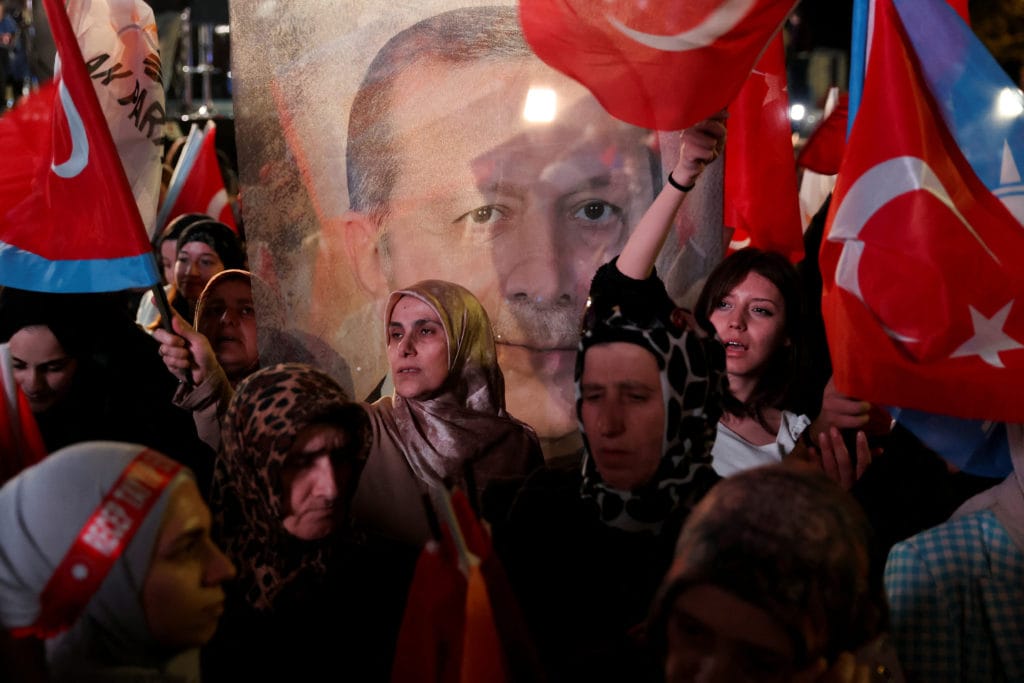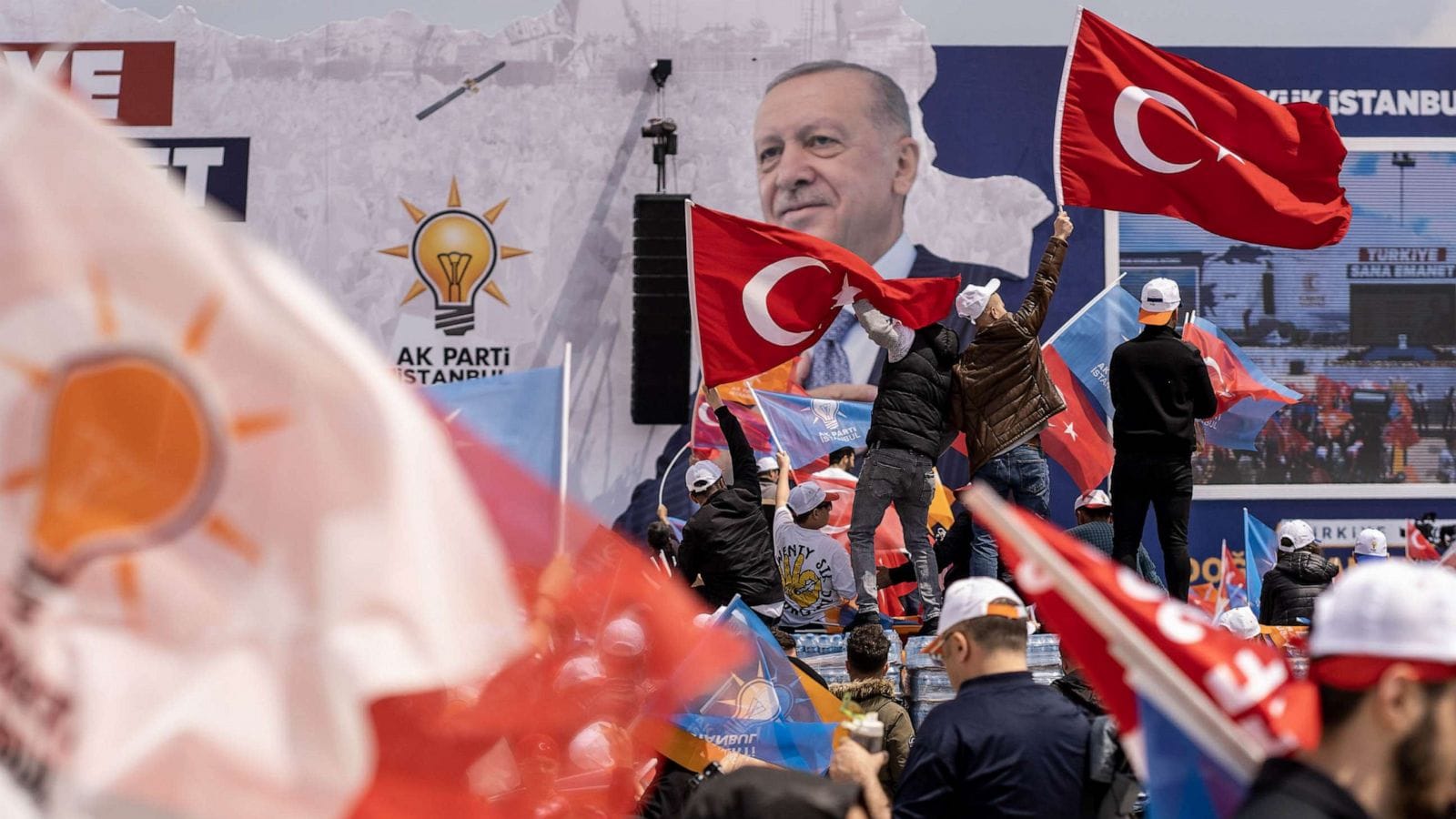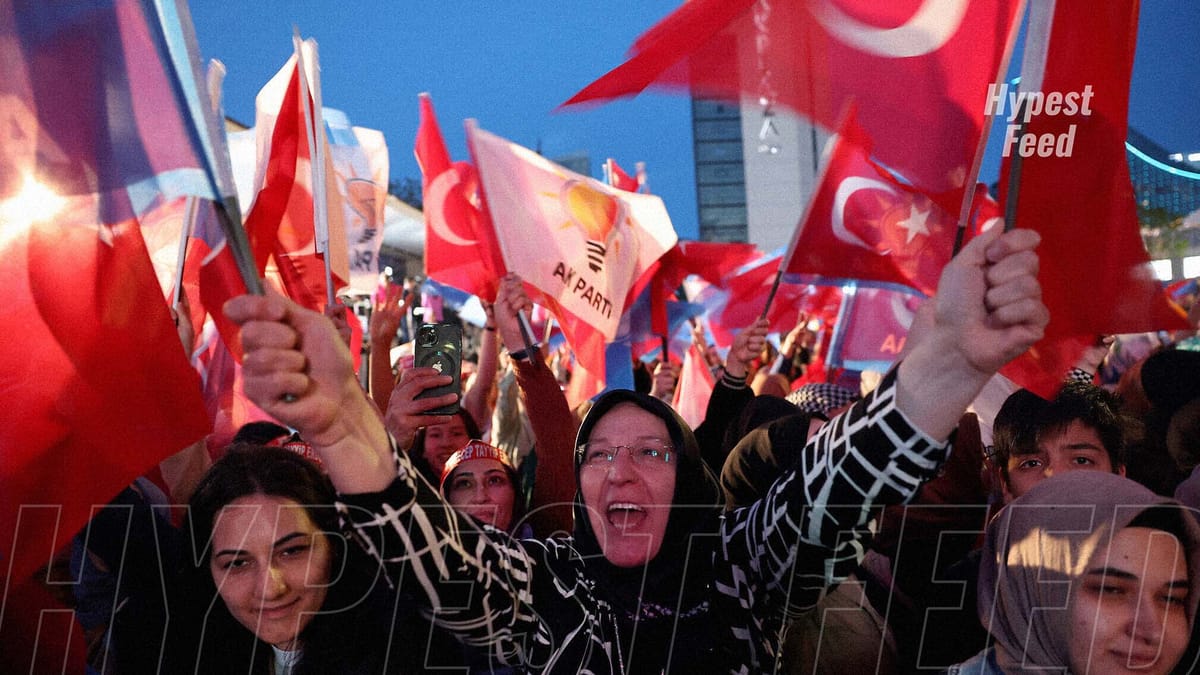Turkey's main opposition party has clinched major victories in the crucial cities of Istanbul and Ankara, dealing a significant blow to President Recep Tayyip Erdogan's ambitions of city control, less than a year after his third-term victory as president. Erdogan, who spearheaded the campaign to secure wins in Istanbul, his hometown and former mayoral seat, faced a resounding defeat as Ekrem Imamoglu, representing the secular opposition CHP, secured his second victory in the city.
Imamoglu's win in Istanbul, with over 50% of the vote, marked a significant setback for Erdogan's AK Party candidate, who trailed by more than 11 points and nearly one million votes. Notably, this defeat marked the first time in Erdogan's 21-year tenure that his party suffered a nationwide electoral defeat.

In the capital city of Ankara, opposition mayor Mansur Yavas surged ahead with 60% of the vote, prompting him to declare victory even before half of the votes were counted. Supporters flooded the city's main roads, jubilantly waving flags and honking car horns in celebration.
The electoral success extended beyond Istanbul and Ankara, with the CHP seizing control of Bursa and Balikesir, Turkey's fourth-largest city, in the northwest, while retaining control of Izmir, Adana, and the resort city of Antalya.
While President Erdogan acknowledged the unexpected outcome of the elections, describing it as a turning point rather than an end, the sweeping victories for the opposition signal a significant shift in Turkey's political landscape.
Recep Tayyip Erdogan, known for his reliance on the "people's will" for legitimacy, assured supporters of his respect for the electorate's decision, as Turkey's presidency, under his leadership, has consolidated extensive powers, supplanting the prime minister. However, directly elected mayors in cities still wield significant influence, as evidenced by the recent electoral victories of the opposition.
During the campaign, Erdogan indicated that this would be his final term, given that his presidential tenure concludes in 2028. Nonetheless, speculation persisted that a victory would embolden him to amend the constitution to seek reelection. However, following the dramatic defeat in the elections, such a scenario seems increasingly improbable.
Conversely, the outcome marked a significant triumph for Ozgur Ozel, chairman of the CHP, who lauded voters for catalyzing a transformative shift in Turkey's political landscape. Celebrations erupted in Istanbul, particularly in the historic district of Sarachane, where crowds gathered outside the town hall, brandishing Turkish flags and banners featuring Ekrem Imamoglu's image alongside Kemal Ataturk, the nation's founding father.
Imamoglu, the incumbent mayor of Istanbul, expressed gratitude for the voters' trust and faith, as his supporters rejoiced with chants of "Everything will be fine." Istanbul, with a fifth of Turkey's population, holds considerable economic sway, influencing trade, tourism, and finance.

Five years ago, Imamoglu upended years of AK Party rule in Istanbul, a feat that garnered support from various opposition factions. Despite challenges from the AK Party in last year's presidential election, Imamoglu and Mansur Yavas emerged as potential contenders for the presidency in 2028.
While the opposition CHP secured control in broad swathes of western, southern, and northern Turkey, the pro-Kurdish Dem party claimed victories in the southeast. However, Erdogan's AK Party maintains dominance in central Turkey and made gains in regions affected by the February 2023 earthquakes.
Addressing supporters from his party headquarters in Ankara, Erdogan pledged to utilize the four-year interim before the next presidential election to reflect and rectify mistakes. Voter turnout exceeded 77% across Turkey's 81 provinces, with over 61 million eligible voters participating, including a significant number of first-time voters.



Member discussion: